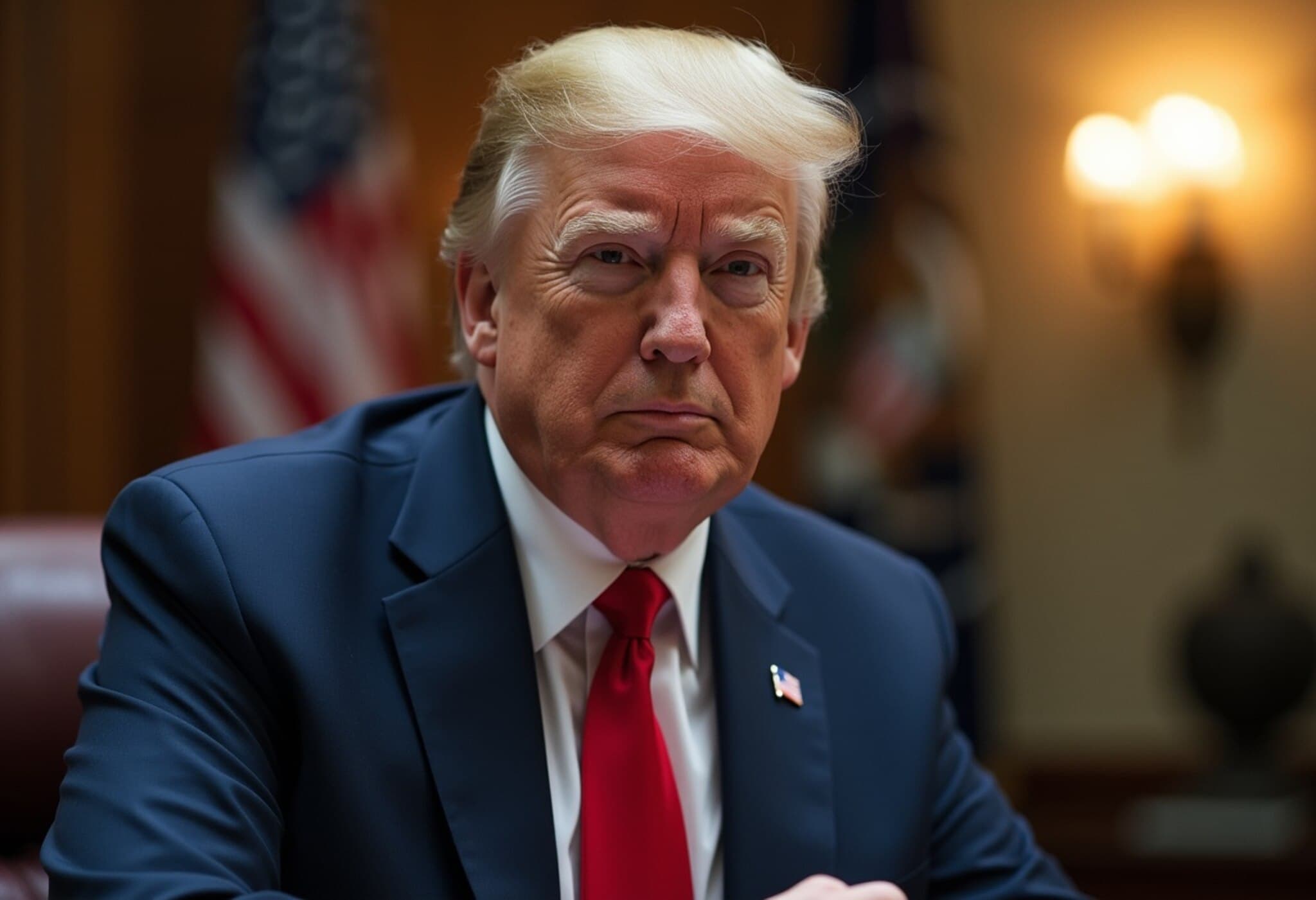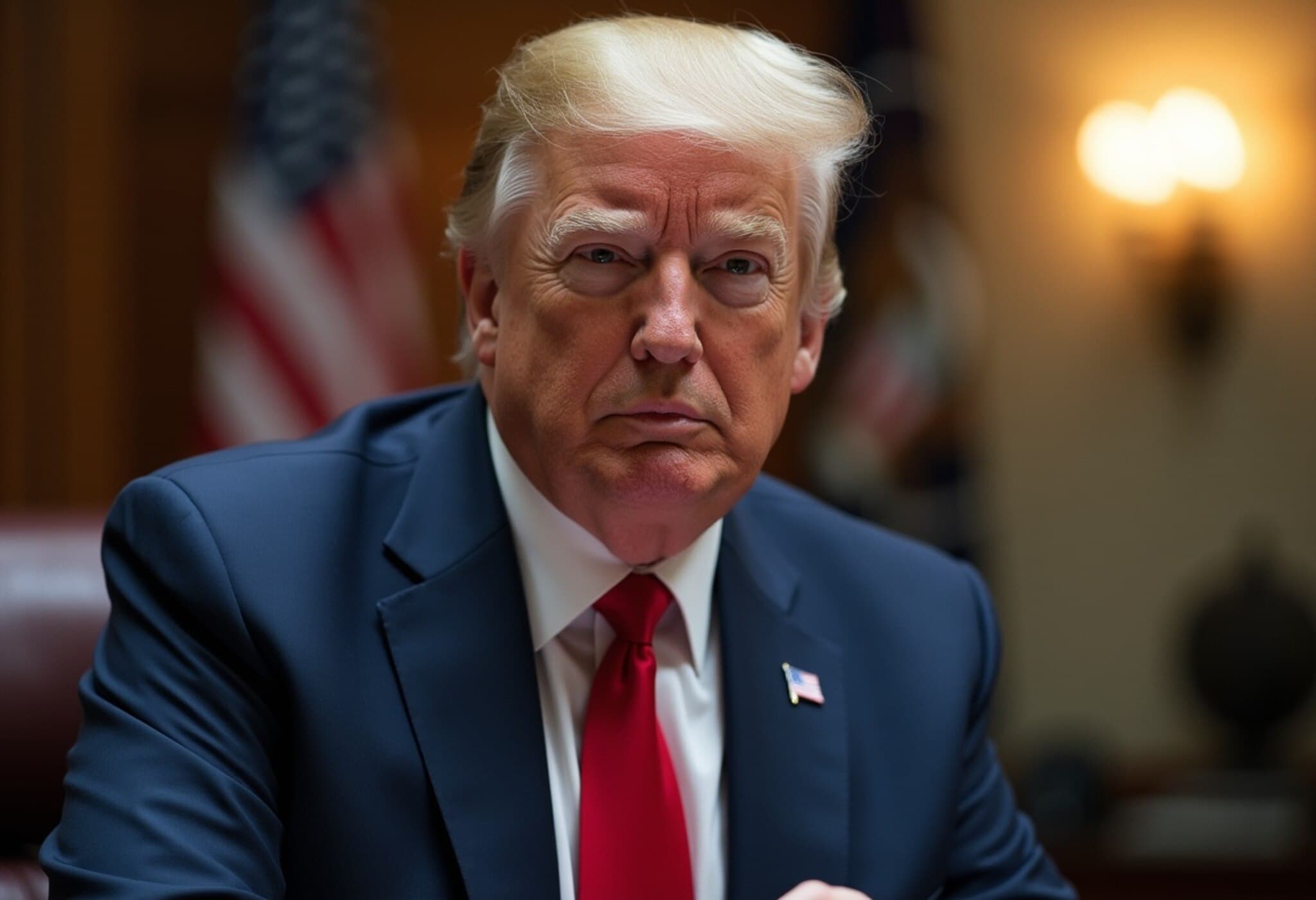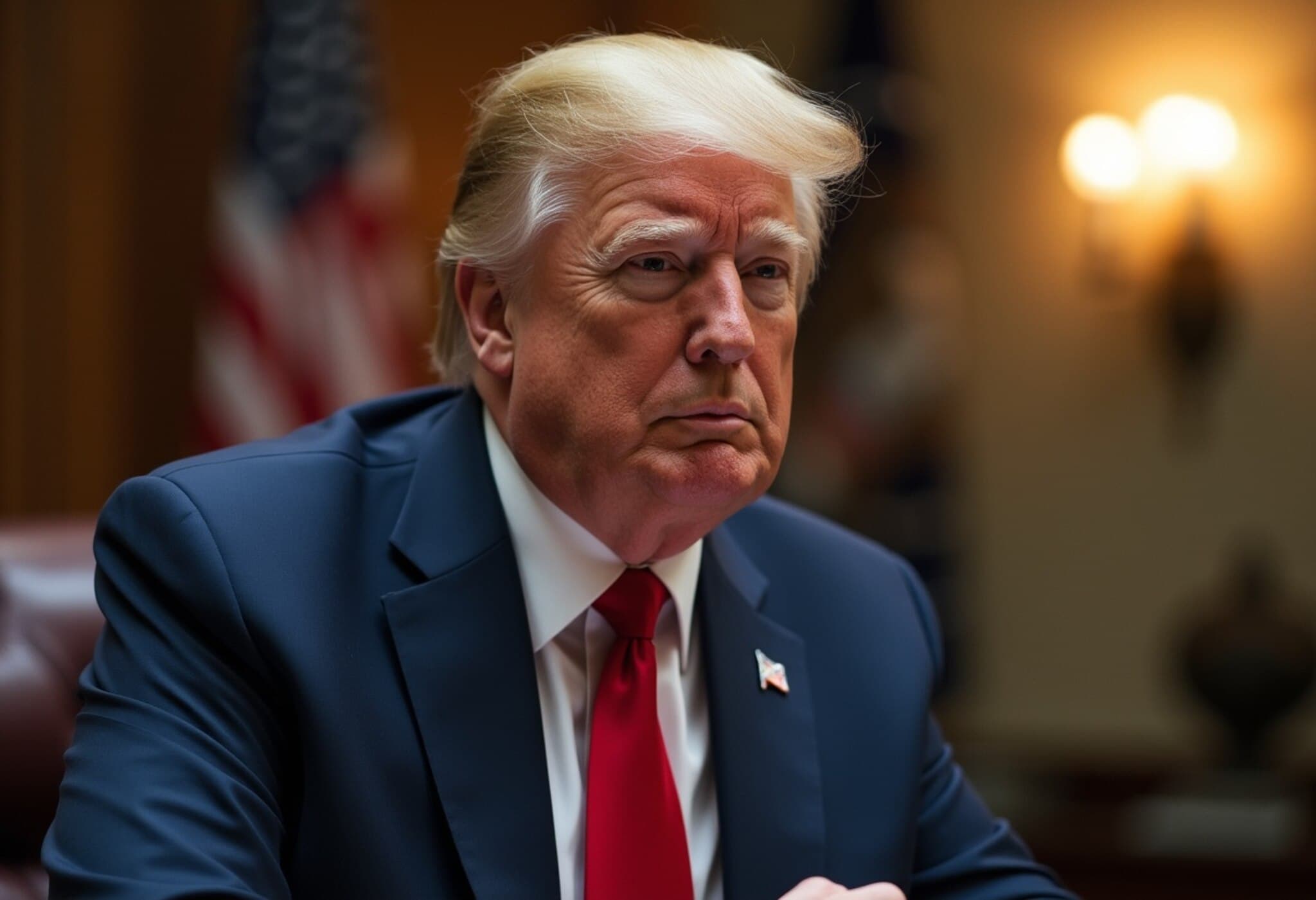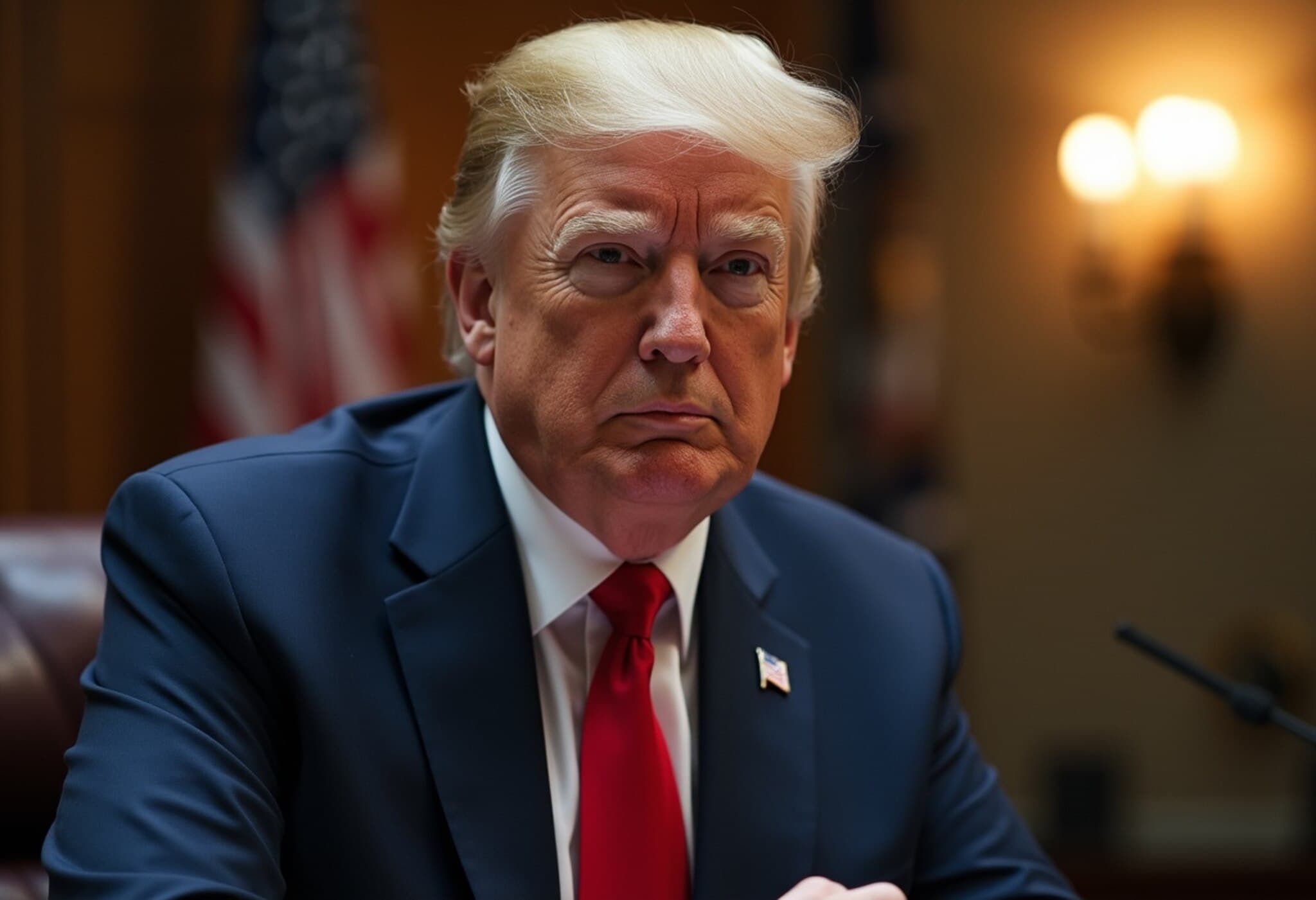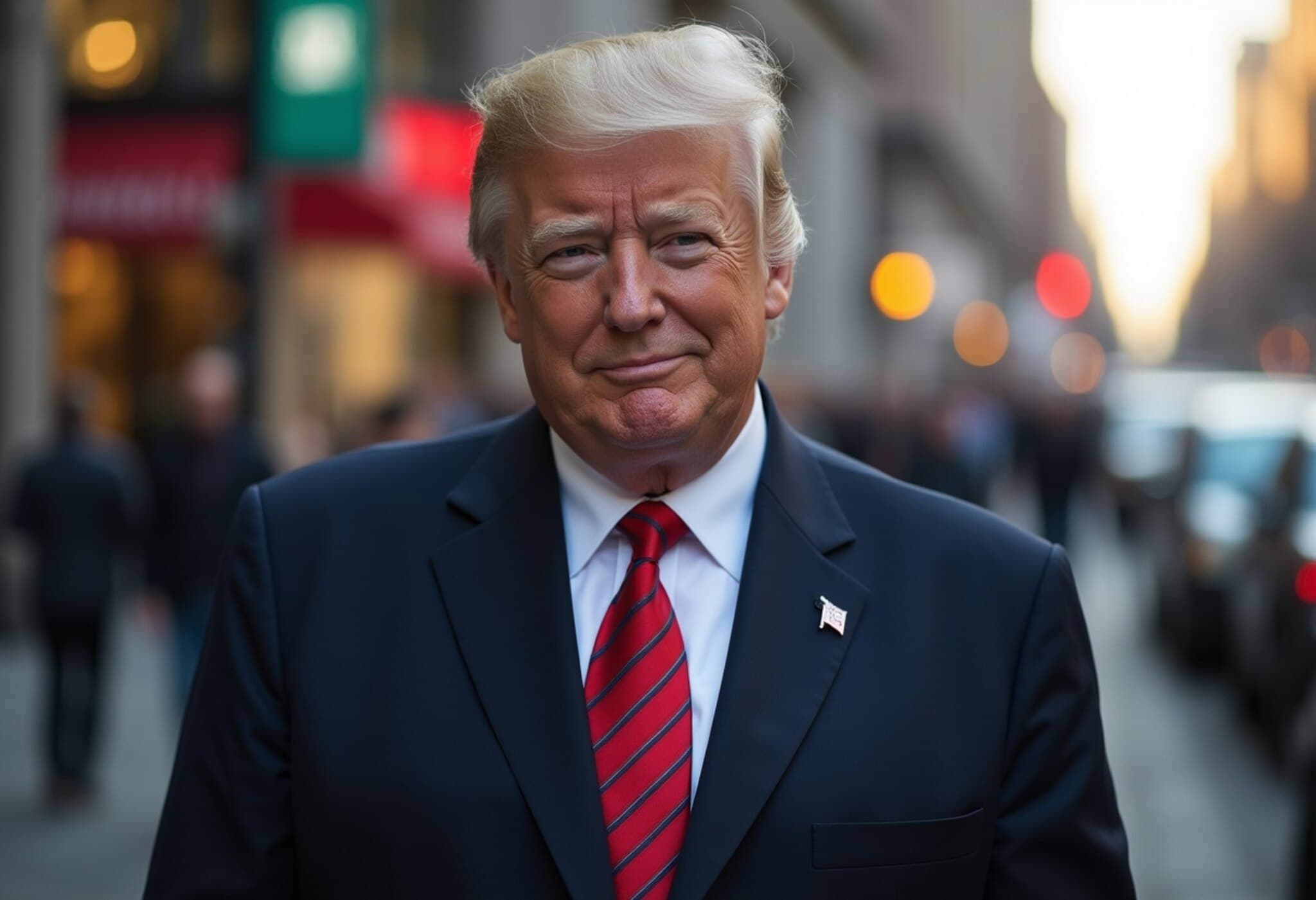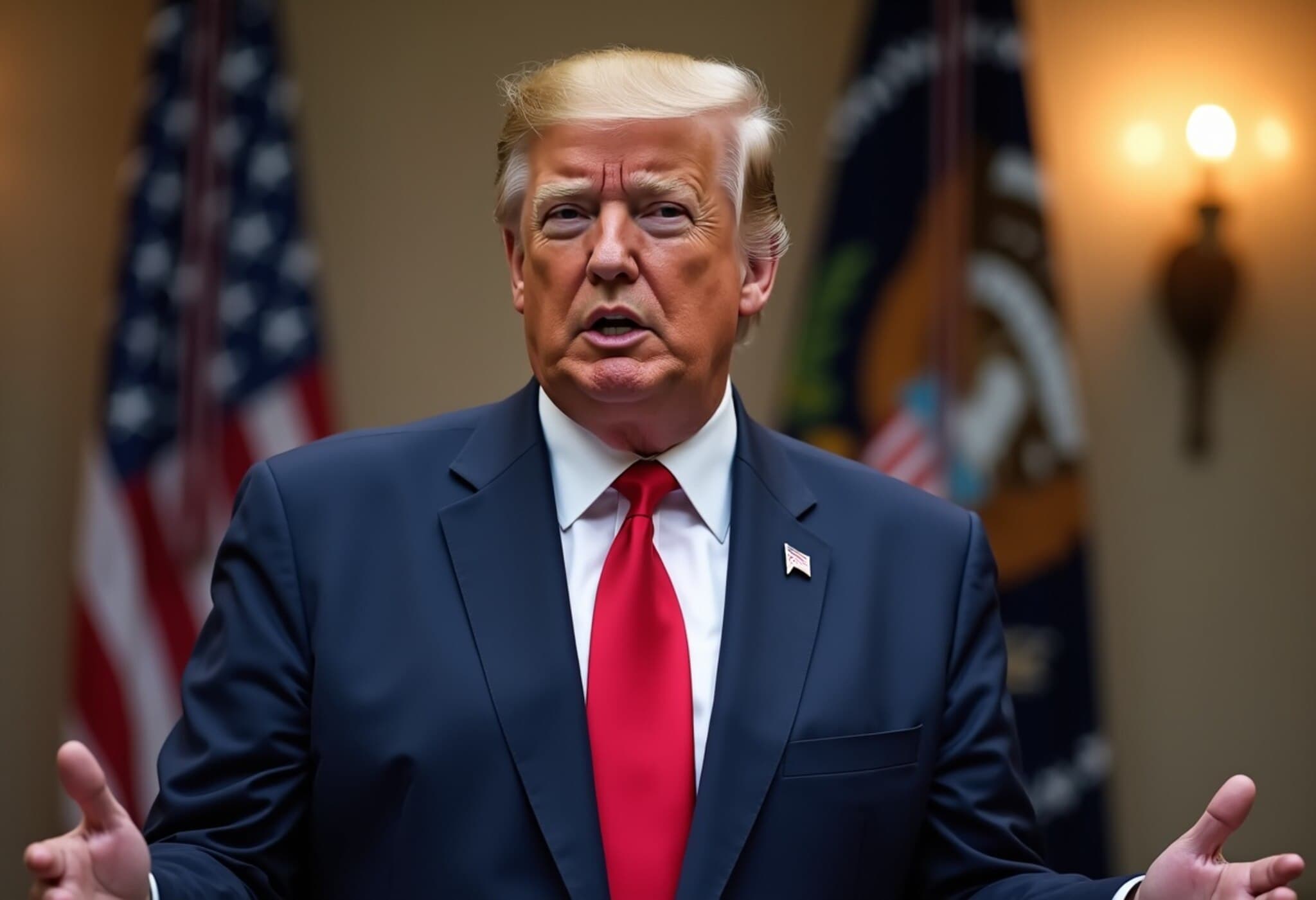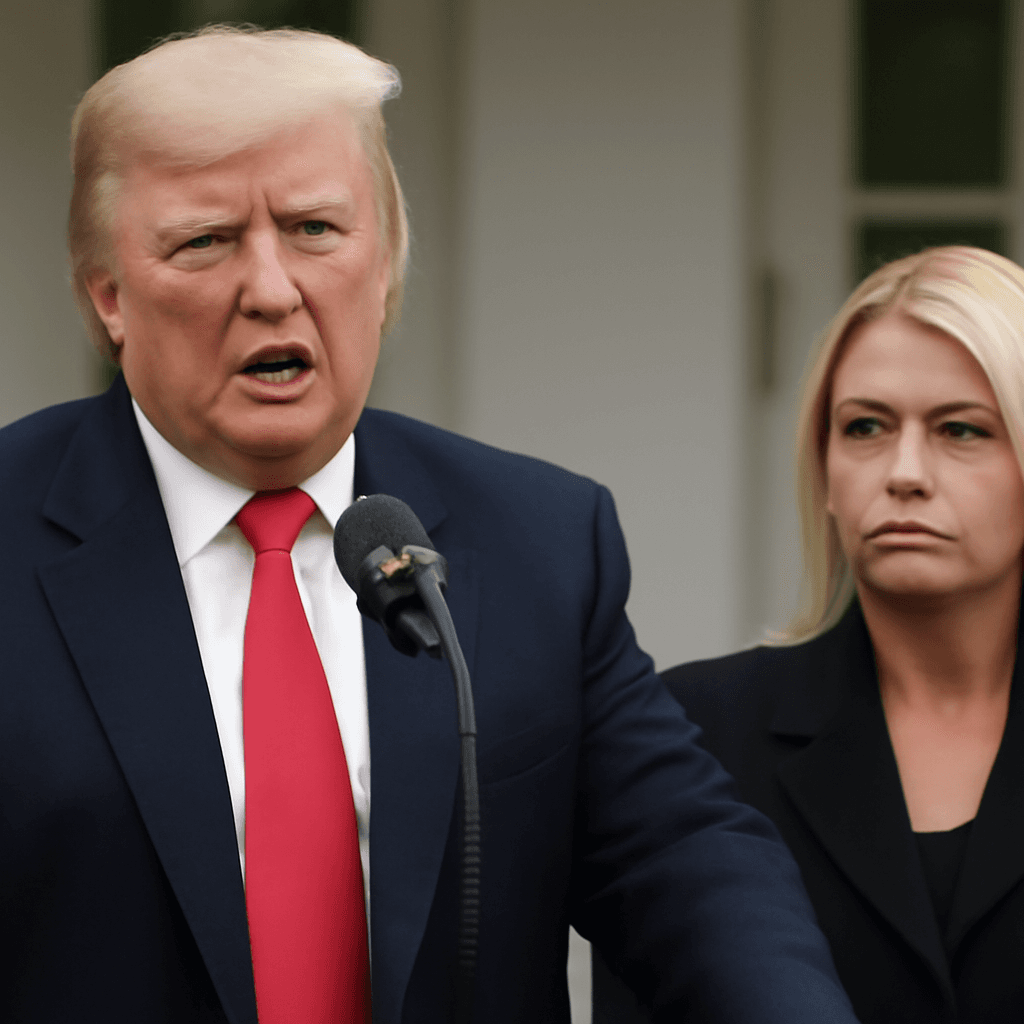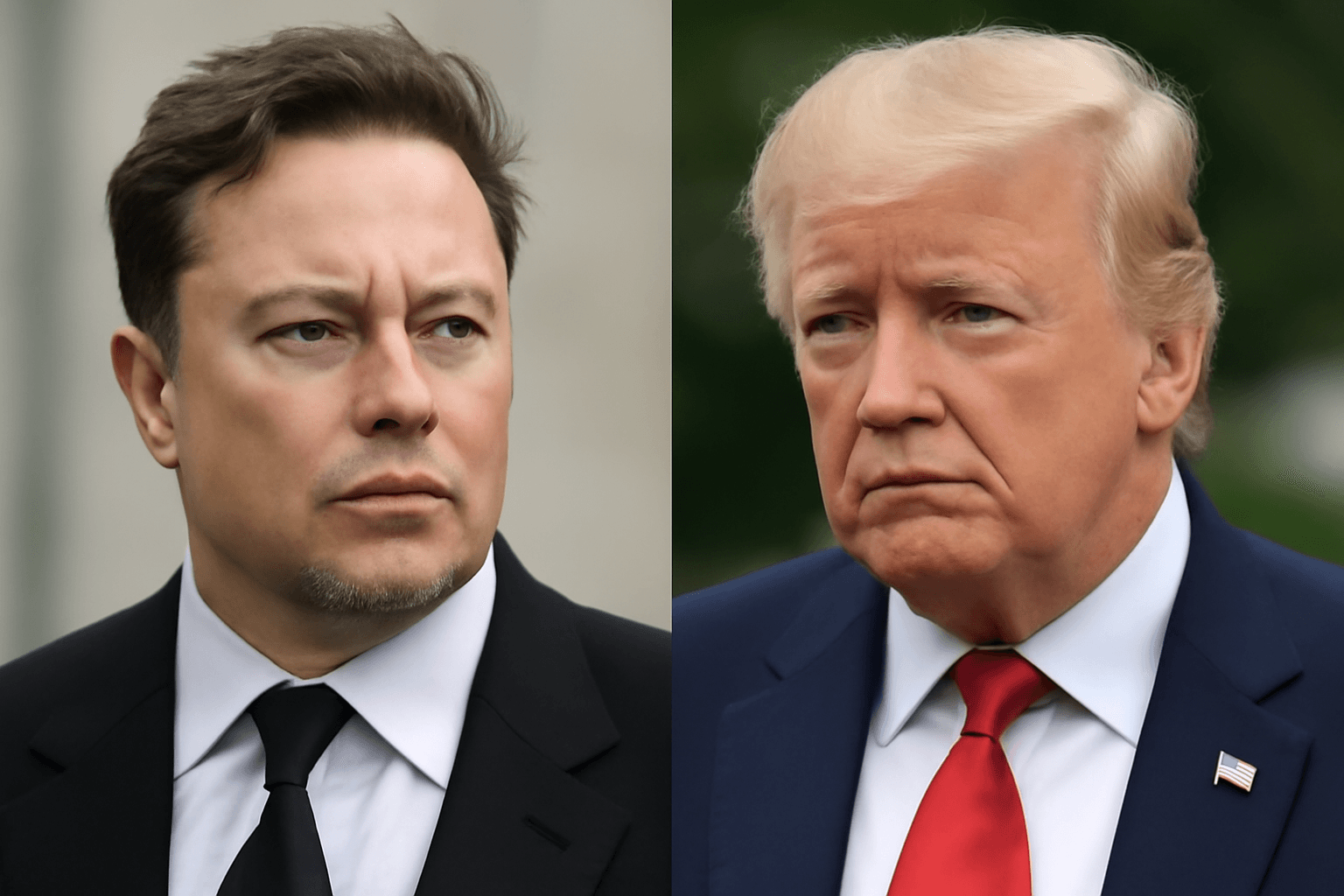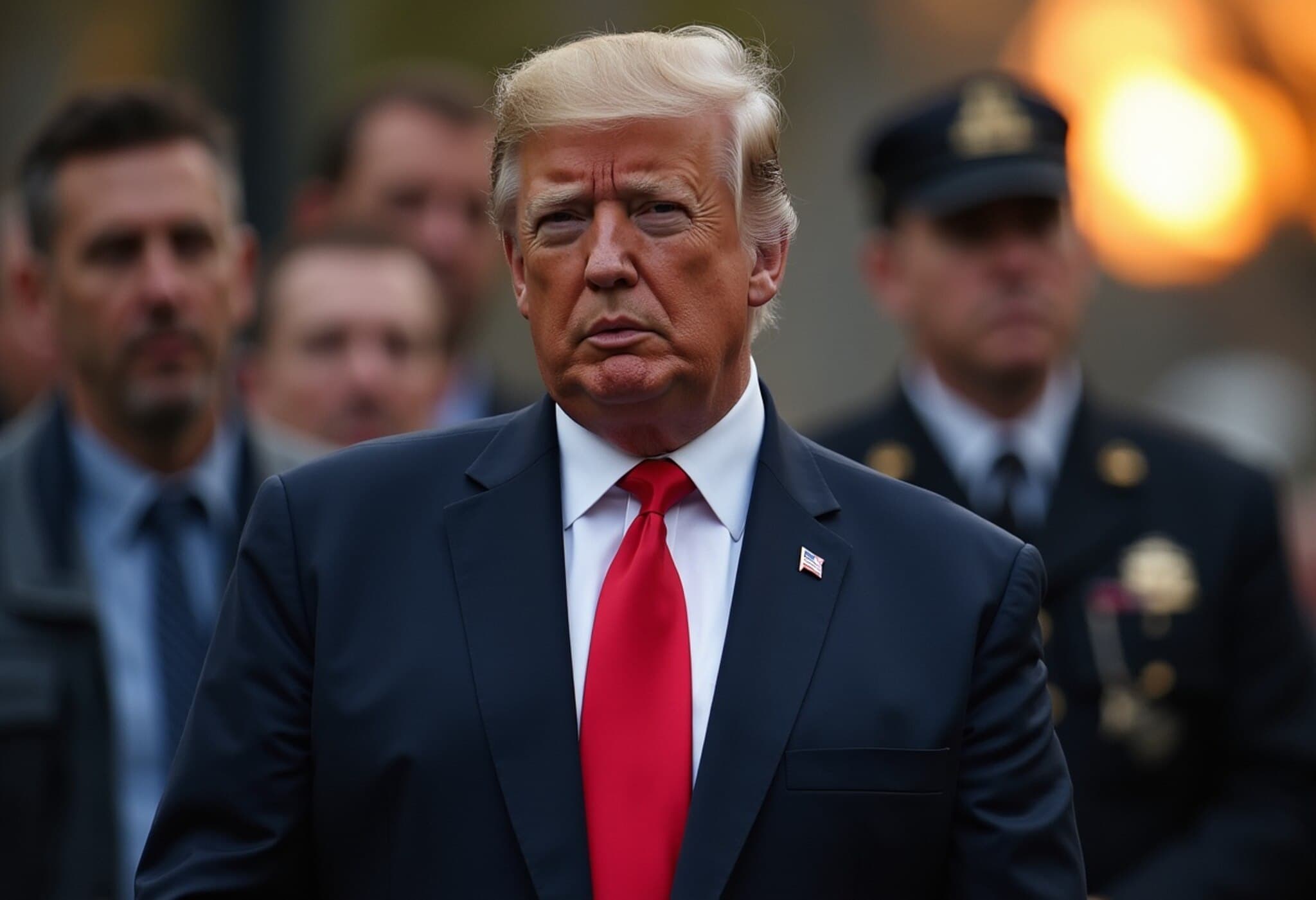Donald Trump Initiates Legal Action Against Rupert Murdoch
In a surprising turn of events on July 19, 2025, former US President Donald Trump launched a lawsuit targeting media mogul Rupert Murdoch and The Wall Street Journal. The dispute centers around an article published by the newspaper that referenced a birthday card linked to the late financier Jeffrey Epstein, a figure entangled in one of America's most notorious sex trafficking scandals.
The Heart of the Controversy: Epstein Birthday Card Reporting
The contested article detailed allegations tied to a birthday card sent by Epstein, which purportedly included messages and signatures from several high-profile individuals, including Trump. Trump's legal team claims the report disseminated misleading and damaging information, asserting that the piece was "defamatory and factually erroneous." They argue that the story unfairly associates Trump with Epstein's criminal activities, despite a lack of concrete evidence.
Legal and Media Implications: Beyond the Headlines
This lawsuit highlights the escalating tension between powerful public figures and the media outlets covering them. Rupert Murdoch, whose media empire includes The Wall Street Journal, The Times, and Fox News, stands at the center of ongoing debates about press freedom, responsible journalism, and the impact of sensational reporting.
From a legal standpoint, this case raises complex questions around defamation, especially concerning news stories involving public officials and sensitive criminal investigations. US law provides robust protections for the media under the First Amendment; however, when reporting potentially harms reputations without solid proof, legal recourse becomes contentious territory.
The Broader Context: Epstein, Media, and Public Perception
Jeffrey Epstein's scandal has left a lasting stain on American society, exposing dark networks and casting a shadow over many powerful individuals. Media coverage continues to dissect these connections, often stirring public debate about ethics, transparency, and justice.
Trump’s decision to sue Murdoch could be interpreted not merely as a defense of personal reputation but also as part of the ongoing chess game between political figures and media conglomerates influencing public discourse.
Expert Commentary
- Media Law Specialist Dr. Elaine Turner: "This case will test the boundaries of defamation law in the political arena, especially concerning post-presidential privacy and media accountability."
- Political Analyst Marcus Reid: "Trump’s lawsuit exemplifies how legal action can serve as both a personal shield and a strategic maneuver to challenge media narratives."
What to Watch Next
The court proceedings could set significant precedents for future litigation involving media reporting on politically sensitive matters. Observers will be keen to see whether the judge sides with Trump’s claims or whether the media’s protections prevail, reaffirming the delicate balance between robust journalism and individual rights.
Editor's Note
This lawsuit is more than just a clash between two powerful figures—it brings to light pressing questions about media responsibility, legal boundaries surrounding public figures, and the ongoing fallout from one of the most complex scandals in recent US history. As this story evolves, readers are encouraged to consider the implications of this legal battle on our democratic discourse and the role of the press in holding power to account.

